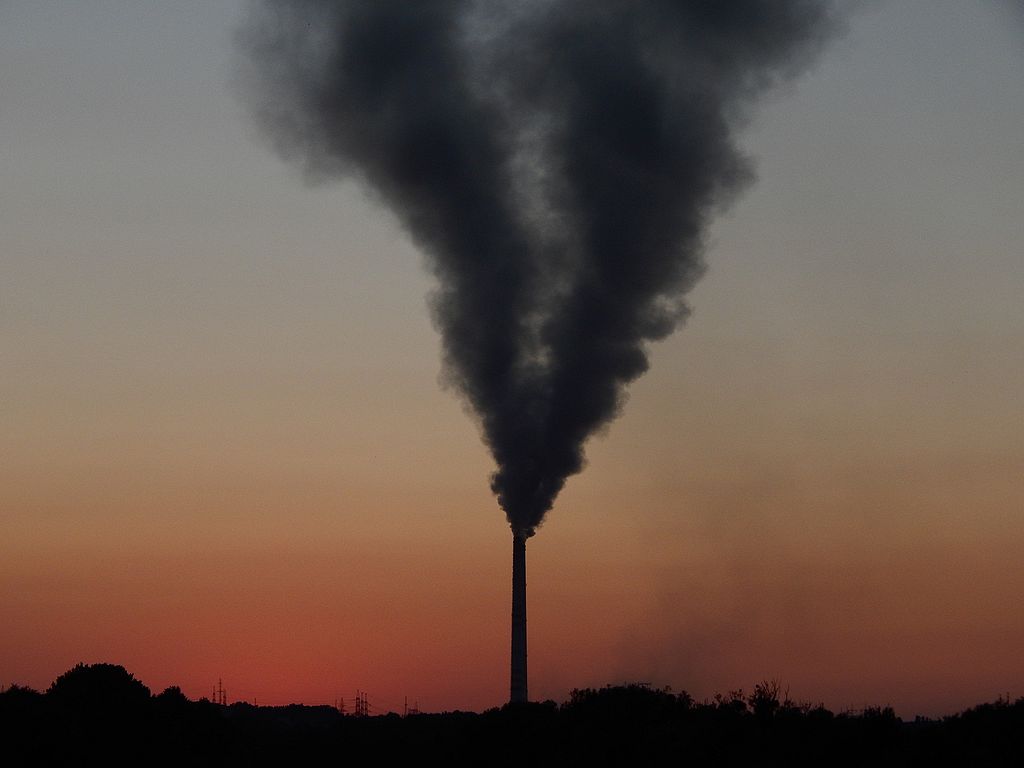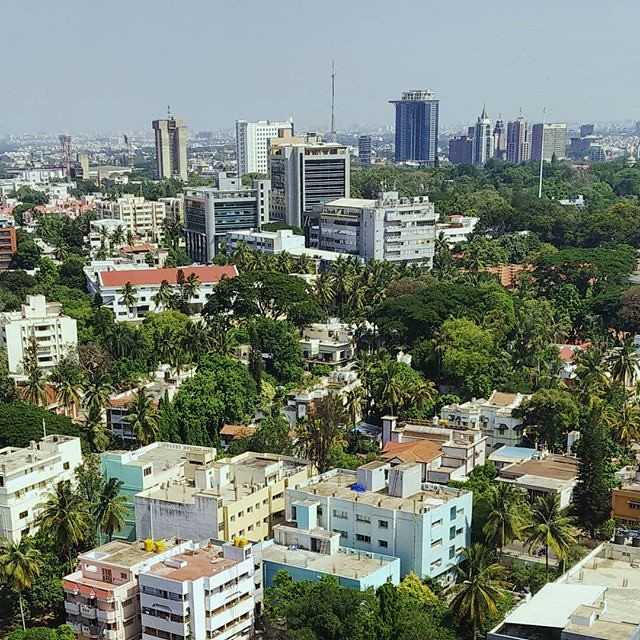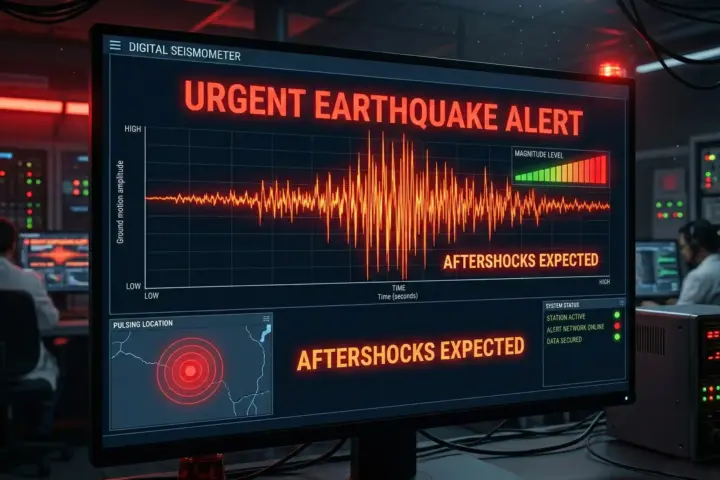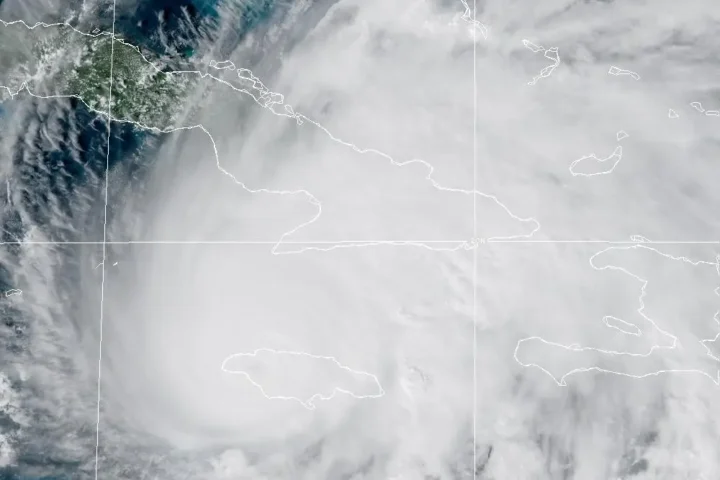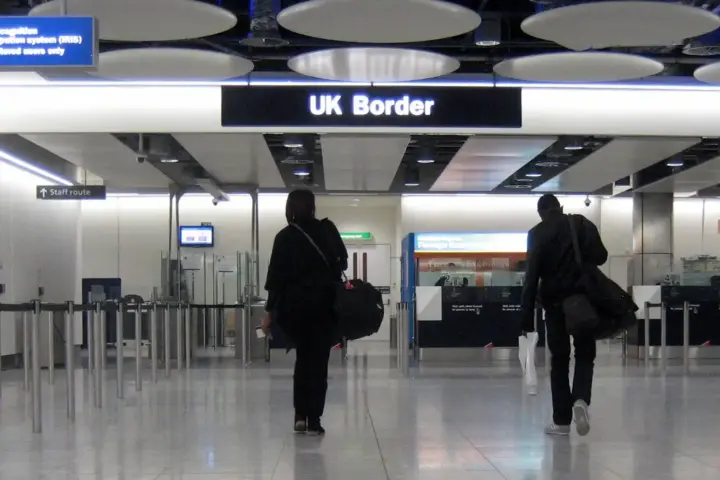Pollution isn’t just harming the environment – it’s damaging economies right now, according to a new World Bank report. The research shows that using natural resources more efficiently could cut pollution by half, addressing a crisis that hits the world’s poorest countries hardest.
Around 80% of people in low-income nations face a triple threat: degraded land, polluted air, and water stress. These environmental challenges directly undermine economic growth and worsen poverty.
“Our commitment is ending poverty on a liveable planet, full stop. We will not waver on this,” said Axel van Trotsenburg, one of the World Bank’s senior managing directors, emphasizing the institution’s dedication despite global aid budget cuts.
The economic costs are staggering. Outdoor air pollution alone kills approximately 5.7 million people globally each year, with economic costs equivalent to nearly 5% of global GDP through impacts on health, productivity, and shortened lifespans.
The report challenges a common belief that economic development must come before environmental protection. “We’ve often had this mantra that we believed countries need to grow first, pollute and clean up later. What this evidence is telling you is that is simply false,” explained Richard Damania, the bank’s chief economist for sustainable development and report co-author.
This reverses decades of economic thinking that treated pollution as a necessary step toward development. Instead, the research shows pollution actively undermines growth in the present, not just the future.
The consequences are particularly severe in specific countries. In Burundi, for example, 8 million people face water risk and air pollution, while 7 million face land degradation. These environmental pressures amplify poverty and limit economic opportunities.
The report also highlights the massive cost of deforestation, showing it reduces rainfall in the Amazon region at a cost of $14 billion annually. When landscapes can’t properly store and release moisture, droughts become more severe, resulting in $379 billion in losses – about 8% of global agricultural output.
Similar Posts
Beyond air pollution, the World Bank has also documented the devastating economic impact of chemical pollutants. Lead exposure alone may cost countries $6 trillion, equivalent to 6.9% of global GDP. In 2019, children under five lost an estimated 765 million IQ points due to lead exposure, averaging nearly 5.9 IQ points per child in lower and middle-income countries.
The World Bank supported Hebei’s air pollution control through a $500 million Program-for-Results (total program cost about $968 million), which helped reduce PM2.5 concentrations by nearly 40% between 2013 and 2017.
More recently, the World Bank’s Multilateral Investment Guarantee Agency pledged $1 billion in financial guarantees to reduce risk for air quality projects in low and middle-income countries, aiming to attract crucial private sector investment.
The report comes at a critical time, with the upcoming COP30 climate talks in Brazil later this year. It also arrives amid a fractious political backdrop, including a U.S. review of multilateral lender operations ordered by President Donald Trump in February.
Despite these challenges, the World Bank says tackling pollution presents an opportunity to enhance economic growth, improve resource efficiency, and create jobs. By moving away from the “take, make, waste” linear economy toward more sustainable approaches, countries can deliver both economic and environmental benefits. The message is clear: addressing pollution isn’t just an environmental imperative – it’s an economic necessity that offers a path to healthier, more productive lives for millions of people
